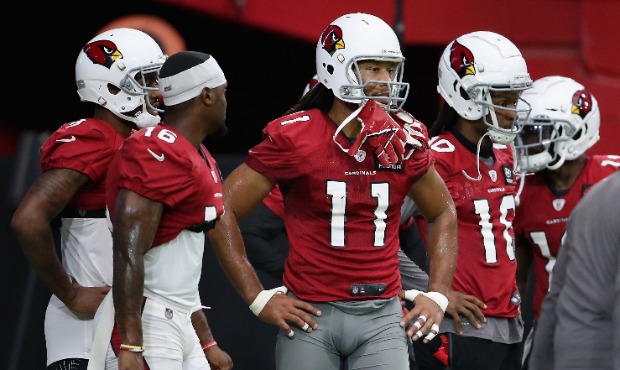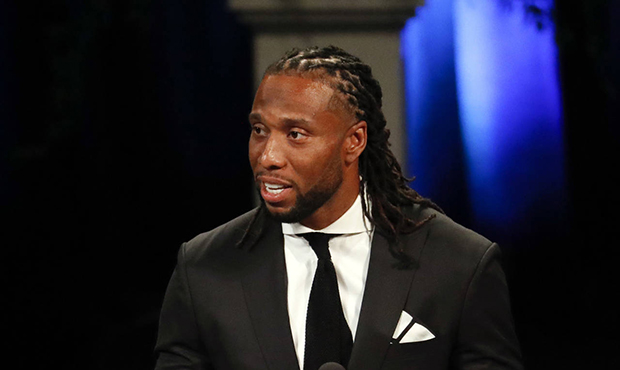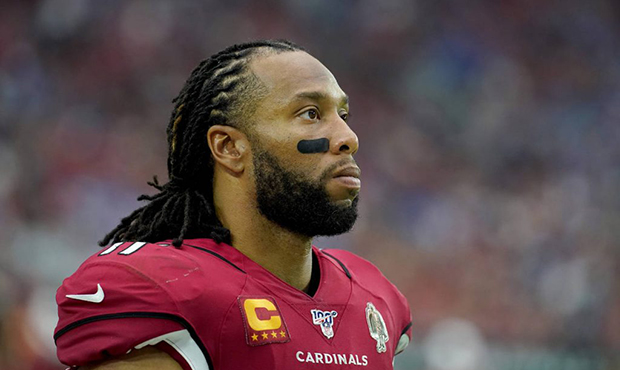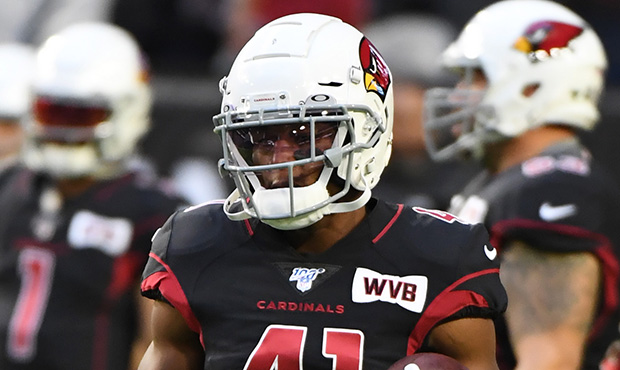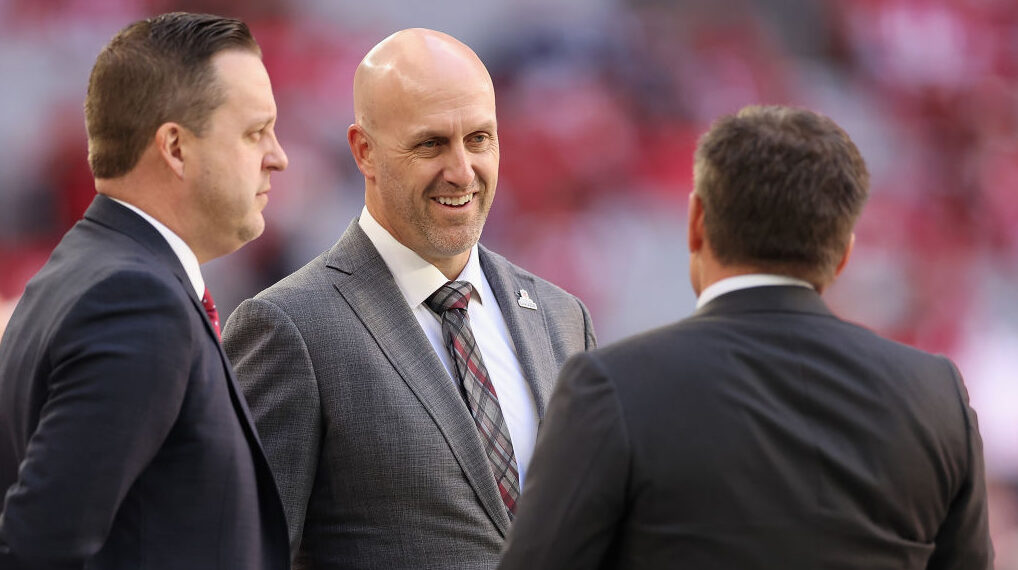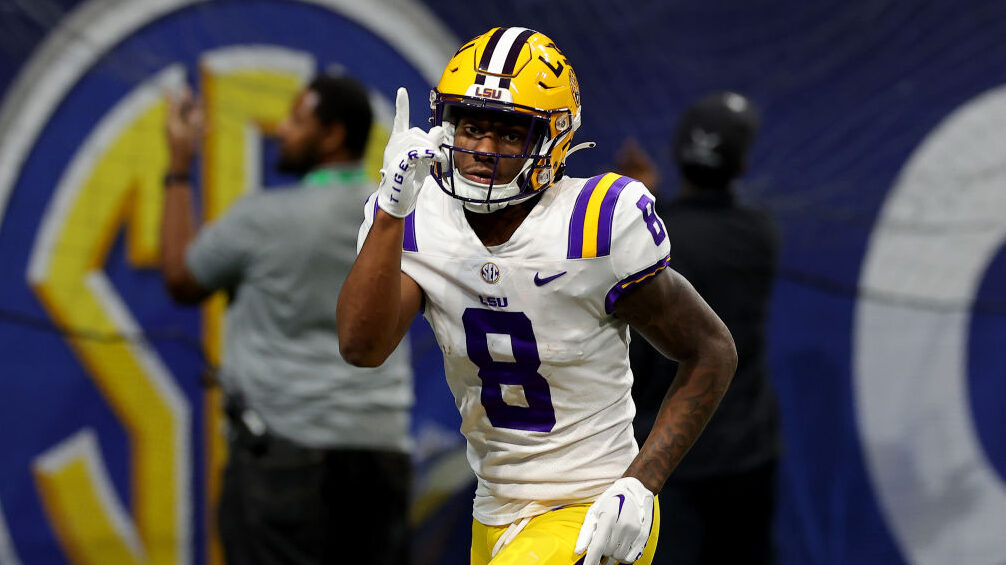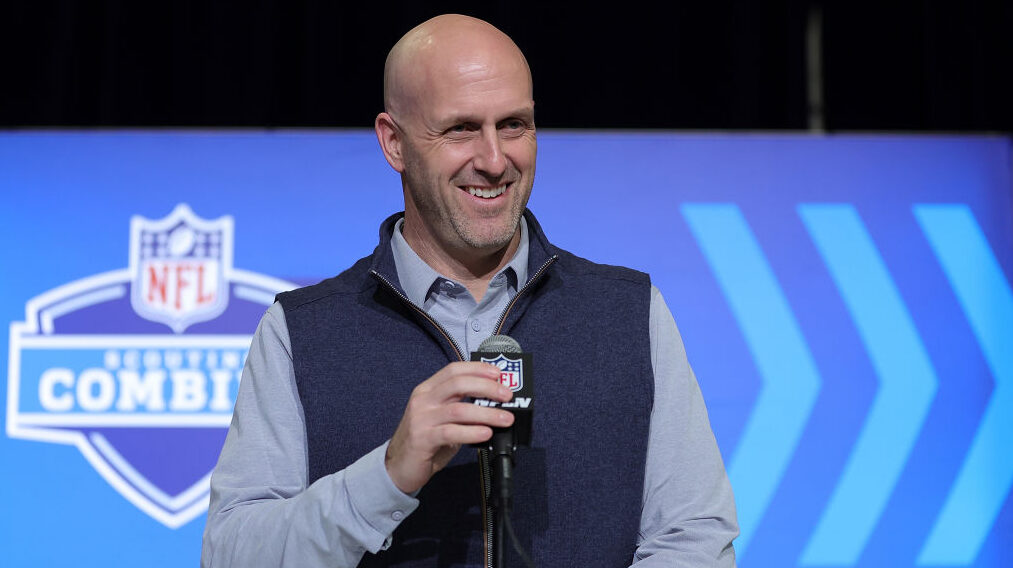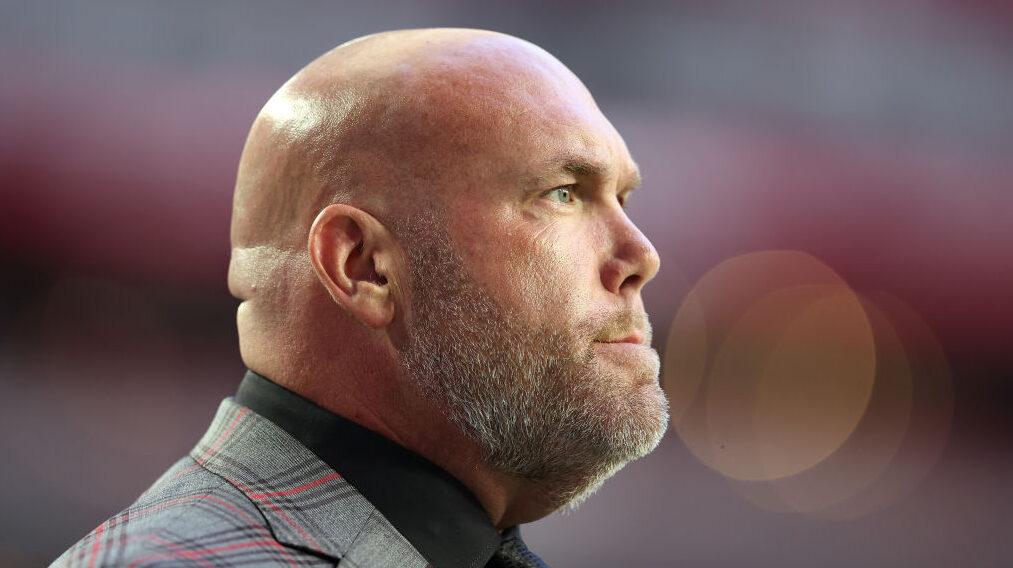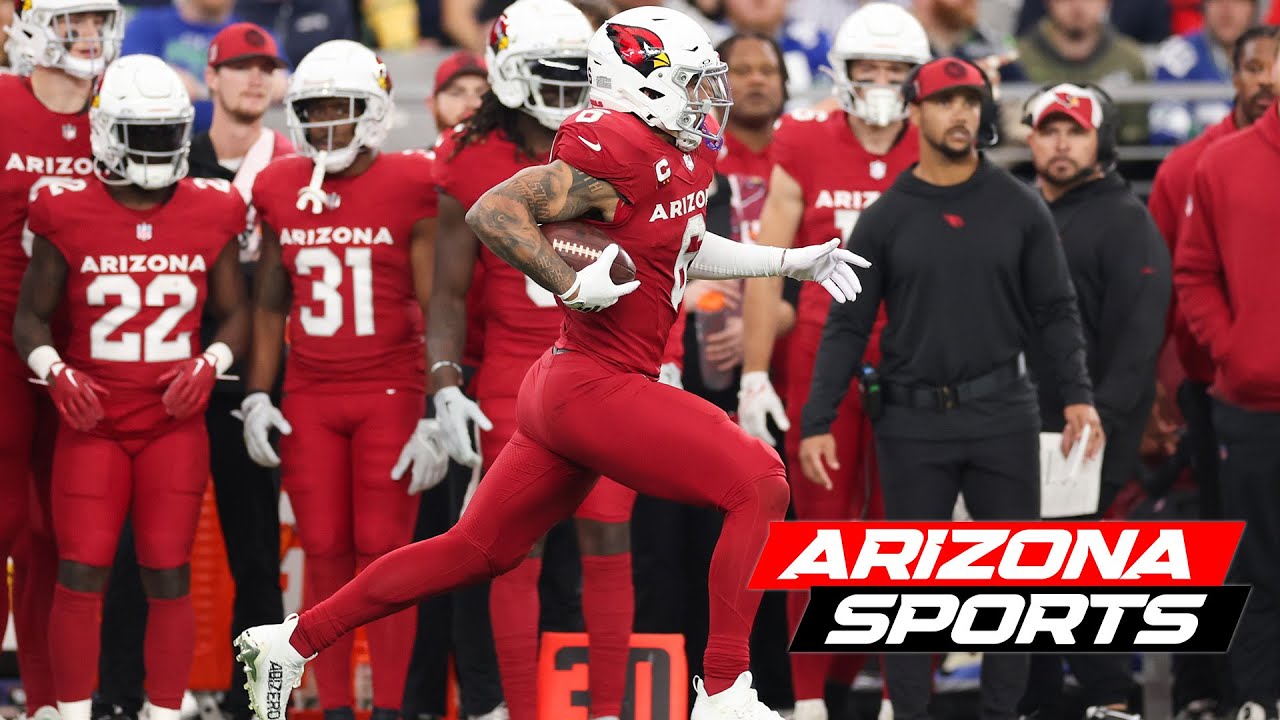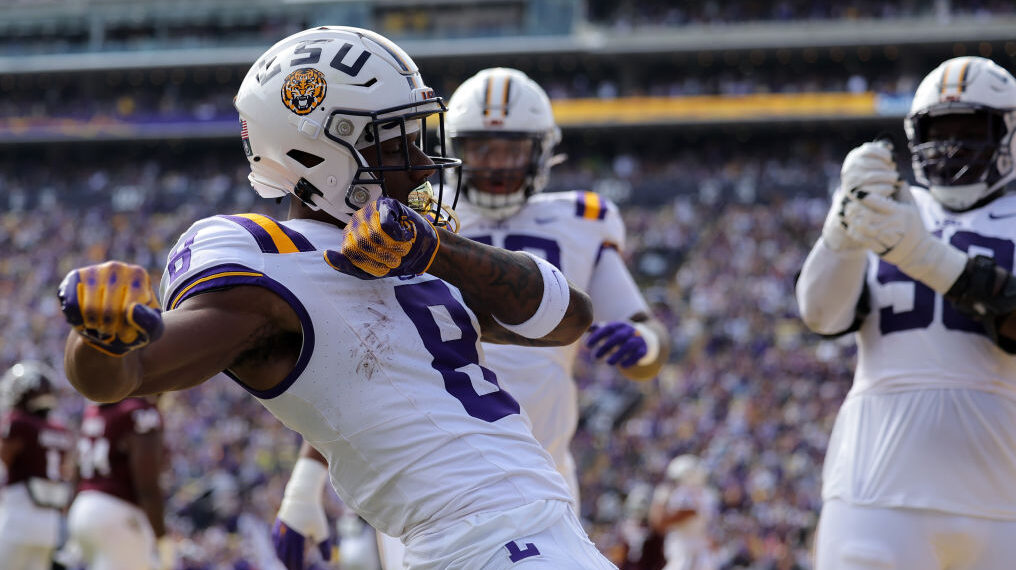Kliff Kingsbury gains perspective on fighting racism from Cardinals, father
Aug 27, 2020, 11:46 AM | Updated: Aug 28, 2020, 9:17 am
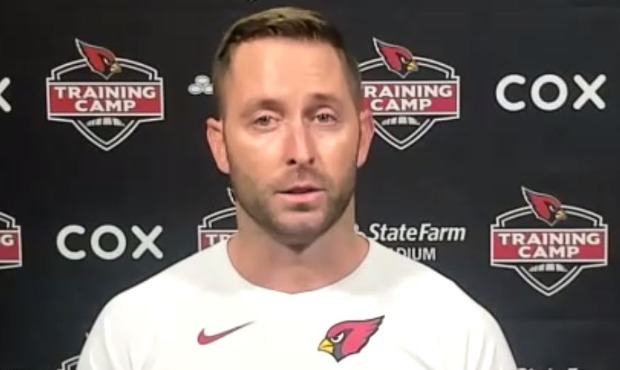
Kliff Kingsbury speaks to reporters after the Cardinals canceled practice Thursday to allow players to reflect on the Jacob Blake police shooting. (Screenshot)
(Screenshot)
You’ve read for the past year that Arizona Cardinals coach Kliff Kingsbury knows what he doesn’t know.
He hands off defensive coaching duties to coordinator Vance Joseph and takes offensive line coach Sean Kugler’s advice when developing a rushing plan of attack.
Kingsbury has found himself listening, gaining perspective and trying his best to show support for his players when it comes to non-football things over the past several months. The shooting of Jacob Blake over the weekend reignited the discussions about racism and police brutality in the United States, and the coach who is all ball all the time has found himself navigating being a white leader in a sports league of Black players.
“I think as players and coaches, we have a tremendous platform,” Kingsbury said. “That can help keep the spotlight on the fact that as a country we have issues when it comes to social injustice and racism, and that we have a problem here.
“People pay attention when Doc Rivers speaks, he’s a guy that I know I admire and look up to in this profession. The other night when he put it, it was so powerful and so eloquent, we talk about it as a team, people talk about that. We have the ability to touch lives and lead by example.”
Kingsbury, along with Cardinals owner Michael Bidwill, GM Steve Keim and defensive coordinator Vance Joseph, decided to cancel all team activities Thursday. They met with the team in the morning and Joseph, who is Black, spoke before sending players home.
The team wanted players to reflect, spend time with their loved ones and use the day off to find ways to push for change, Kingsbury said.
Discussions have been ongoing in the Cardinals locker room since the death of George Floyd in late May. As perspectives have been issued, Kingsbury and his staff have been only trying to support his players. Kingsbury said that their safety and right to voice an opinion is his priority in these moments.
Speaking with Black players and asking them to share personal stories of fighting against racism has enlightened the second-year head coach.
“I just think coming to work and being around a bunch of guys you actually look up to, their stories and the way they carry themselves … I look up to those guys: The Chandler Jones, the Larry Fitzgerald, the Pat Peterson, I mean, Hop. The way they have had all this incredible success and all this wealth and all this fame, and they still treat people the right way, they still do things right all the time,” Kingsbury said.
“It’s so tough and hard on those guys, each and every day. Hasn’t changed. There’s not a lot of words I can say and you wish you could. I keep going back to it, you want to make sure they know you care about them and support them above all else.”
Kingsbury’s self reflection has deepened as well.
He said a summer conversation with his father — a Marine who earned a Purple Heart and served in Vietnam — lent him perspective about the confusing themes about what the issues are and how to fight them via protest.
“Talking to him, two words really stood out: ‘respect’ and the second thing was ‘understanding,’” Kingsbury said. “I think respect the viewpoints that people have on this topic and that they’re very personal and passionate and respect their right to express themselves. You’ve got to understand at its core what this is really about — is it’s always been about drawing attention to the social injustice that continues to take place. We saw it again this week with Jacob Blake.
“It’s about increasing awareness that racism exists. Police brutality against people of color continues to happen and let’s not forget or confuse it with something else or make the narrative different. I think my biggest takeaway from talking with my dad is kneeling doesn’t reflect a lack of patriotism or respect for the military in any way, just like standing for the anthem doesn’t mean you’re OK with racism or social injustice. It’s important to respect and understand that. These are important issues. They need to be addressed — important conversations that need to be had.”


